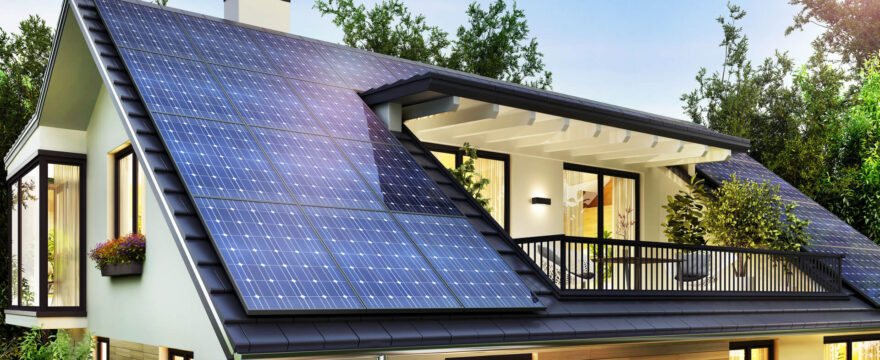
In a world where environmental responsibility is gaining prominence, individuals are increasingly seeking sustainable solutions to shrink their carbon footprint. An impactful avenue towards a greener future lies in the installation of solar panels within residential spaces. Harnessing the sun’s power not only brings financial advantages but also unfolds a plethora of ecological benefits.
1. Sustainable, Clean Energy
A foremost ecological benefit of solar installation is sustainable, clean energy generation. In stark contrast to conventional fossil fuels that release harmful greenhouse gases, solar power derives energy from the sun without emitting pollutants. This substantial reduction in reliance on non-renewable resources actively addresses climate change by mitigating the impact of carbon emissions. As residents increasingly prioritize sustainable living, exploring the best solar companies in Tampa Florida becomes crucial in harnessing the ecological benefits of solar installation for a greener and more environmentally conscious lifestyle.
Top of Form
2. Carbon Footprint Reduction
Solar energy emerges as a key player in the battle against climate change. Opting for solar installation in homes becomes an active contribution to shrinking one’s carbon footprint. Traditional energy sources, like coal and natural gas, release substantial carbon dioxide when utilized for electricity generation, intensifying the greenhouse effect. Solar power production minimizes environmental impact, fostering a more sustainable and eco-friendly energy landscape.
3. Mitigation of Air and Water Pollution
Beyond greenhouse gas emissions, conventional energy sources contribute significantly to air and water pollution. The extraction, transport, and combustion of fossil fuels release pollutants that pose threats to both air quality and water sources. Solar power systems offer an electricity generation method devoid of such harmful emissions, actively enhancing air and water quality. Opting for solar at an individual level contributes to a cleaner and healthier environment.
4. Preservation of Natural Resources
Solar energy systems capitalize on sunlight, an abundant and perpetually available resource. By embracing solar power, homeowners reduce their dependency on finite fossil fuel reserves, contributing to the conservation of these valuable natural resources. As the scarcity of non-renewable resources looms, transitioning to solar energy becomes imperative for a sustainable future.
5. Support for Biodiversity
Conventional energy production methods often wreak havoc on ecosystems and biodiversity through habitat destruction. The processes involved in fossil fuel extraction, power plant construction, and waste management threaten the delicate balance of natural habitats. Solar installation, characterized by minimal environmental impact, emerges as a defender of ecosystems, aiding in the preservation of biodiversity and wildlife.
6. Attainment of Energy Independence
Solar panels offer homeowners the opportunity to achieve a degree of energy independence. By generating their electricity, individuals reduce reliance on centralized power grids that predominantly rely on non-renewable energy sources. This decentralization of energy production promotes resilience and stability during natural disasters and other disruptions, ensuring a more dependable and sustainable energy future.
Conclusion
In essence, the adoption of solar installation in homes transcends mere financial savings and energy efficiency; it symbolizes a commitment to a healthier planet. The ecological benefits, including a diminished carbon footprint, reduced pollution, conservation of natural resources, support for biodiversity, and enhanced energy independence, position solar power as an indispensable element of a sustainable and eco-conscious lifestyle. Through the embrace of solar energy, individuals actively contribute to a cleaner, greener world, paving the way for a sustainable future for generations to come.
